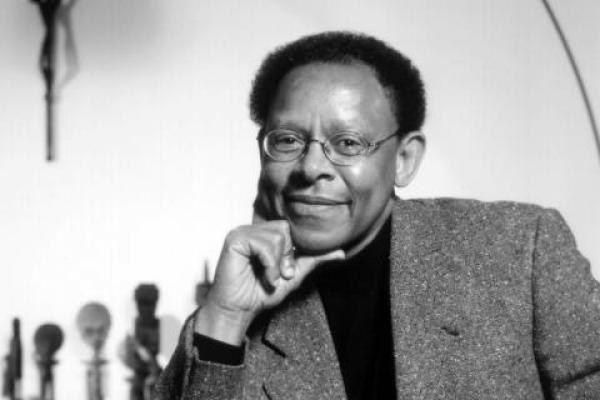May 2, 2018
If racism was and is America’s original sin, and repentance is the only sufficient response to sin, James Cone was the most important theologian of his generation. To white Americans, he said, “Repentance means dying to whiteness.”
Read the Full Article

Already a subscriber? Login
